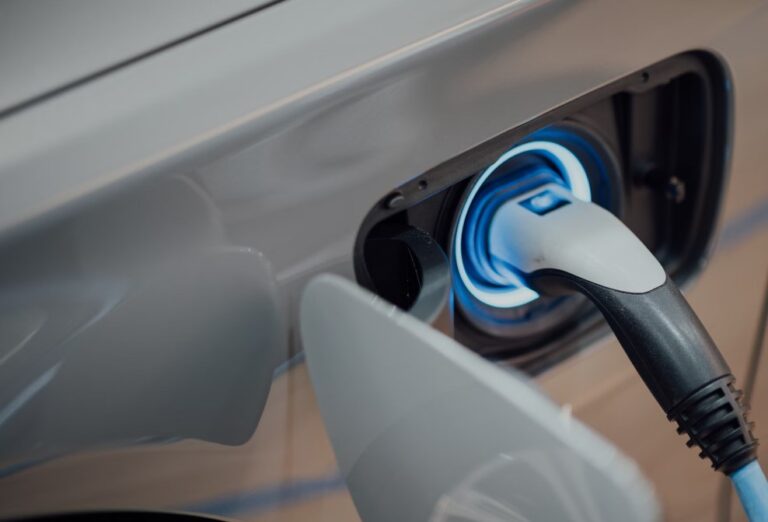Research on batteries intended to power devices such as smartphones, tablets, computers and electric cars is one of the most interesting fields of investigation in recent times. Annually, news emerges about new discoveries and miracle batteries that can extend charge life by up to four or five days. However, so far, the only noticeable improvement has been to increase battery power, with some companies installing 7000 mAh batteries on their smartphones to extend battery life. For this reason, many researchers are currently working to develop new technologies to extend battery life, such as the lithium-oxygen battery.
Table of Contents
Lithium-oxygen batteries: the evolution of batteries for smartphones and electric cars
With the graphene battery still far from mass production, the most advanced battery research involves lithium-oxygen batteries. This technology promises to extend battery life by up to five times.
There is a great deal of research on the subject being conducted by several universities, including the University of Cambridge, and by a group of scholars from MIT Boston and South Korean students.
The goal is to develop inexpensive batteries that can extend charge life and can be used for both smartphones and electric cars.
Electric cars in particular are a key area of research, with the goal of reducing charging times and increasing battery life. For those who suffer from constantly discharged batteries, lithium-oxygen batteries represent the only hope.
The future of lithium batteries
One of the main problems with lithium batteries is that they wear out over time. Thus making them less effective and eventually unusable. Some researchers have begun to investigate new technologies to find more effective solutions.
One of the most recent studies involves the use of cells composed of lithium and oxygen. In this type of battery, voltage is generated by oxygen molecules in the positive electrode, which react with lithium ions to form lithium peroxide.
However, one of the problems with this technology concerns the lithium peroxide, which is a poor electrical conductor and must be kept as close to the electrodes as possible to function properly.
Despite this, developments in this field promise to improve the durability and efficiency of lithium batteries. Thus paving the way for new solutions for mobile devices, electric cars, and more.
Experimenting with new technologies for lithium-oxygen batteries
In England, a group of researchers is investigating new technologies to improve the efficiency of lithium-oxygen batteries. Specifically, they have added lithium iodide to the lithium-oxygen mix. And are using electrodes composed of very thin layers of graphene.
This approach has significantly increased the effectiveness of the battery, although charging still fails to reach 100%. However, one of the main problems concerns the charging environment, which must be composed of 100% oxygen.
If the battery comes into contact with carbon dioxide and nitrogen in the air, the internal circuits could suffer irreparable damage. Despite these challenges, developments in this field are very promising. And, could lead to major improvements in the range and efficiency of lithium-ion batteries.
Austrian oxygen-ion battery that “regenerates” with air
Scientists at the Technical University of Vienna (TU Wien) have developed a new oxygen-ion battery using mixed conducting ceramic materials.
These materials can absorb and release double negatively charged oxygen ions (O2-). Thus generating electric current when an electrical voltage is applied.
The research team used their experience with ceramic materials used in fuel cells to develop battery.
Lithium-oxygen battery: the future of the electric car?
Because of their great range, lithium-oxygen batteries seem to represent the future of the electric car. However, there are still many problems to be solved, especially regarding the size of the batteries.
The University of Cambridge is working on new technologies to optimize the structure of the batteries for use in the electric car. It is not yet certain when these batteries will be commercially available. But research is making strides toward a final solution to the problem of limited range in electric cars.
Read also: Electric cars, Sweden is building the first highway that can recharge them












